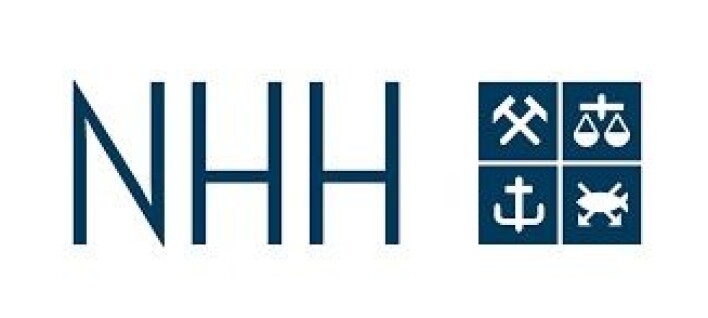THIS ARTICLE/PRESS RELEASE IS PAID FOR AND PRESENTED BY NHH - Norwegian School of Economics - read more

Norwegians send rude e-mails - without realising they do so
The Norwegian way is straight to the point.
“Using the salutation hei (hello) followed by the recipients first name is very informal. If we send an e-mail to an unknown English recipient that starts ‘Hi Jack’, we might already be in a spot of bother,” Kristin Rygg says.
She is an associate professor at the Department of Professional and Intercultural Communication. She has looked at how Norwegians start and end e-mails within a work context.

We don't beat about the bush
When Norwegians write an e-mail, few of us beat about the bush.
“Most of the e-mails that I’ve examined get straight to the point. This isn’t so common outside of Norway. In English, one would start an e-mail with for example ‘hope this email finds you well’ or something about the weather. It’s unusual to get straight to the point, and that’s true for many languages,” Rygg says.
Many people can probably identify with starting their e-mails with ‘Hei *name*’. If the e-mail is intended for an international recipient, this could be a blunder.
Are there any conventions?
Kristin Rygg wanted to study e-mail communication in more detail. She examined over 900 e-mails from 14 informants in administrative positions.
She wanted to find out if people imitate each other or if they follow a convention. Does it depend on whom they are e-mailing? Or have they developed a personal habit of writing in a certain way? This was the starting point of her research.
“I wondered what people think about when they start and end a work e-mail. Are there any conventions? Do people know how to articulate themselves in a work context?” Rygg asks.
According to Rygg's research, the short answer is no.
Previously there were clear conventions
“During the interviews, I asked if they write the recipient’s name , whether they use ‘kjære’ (Dear), and how they end their e-mails. I then linked their responses to the actual e-mails they had sent me. If what they said agreed with what they wrote, it means they make conscious choices,” Rygg says.
It turned out that they were making completely conscious choices, and they were consistent. The longer they had worked in administration, the more consistent they were. Most of the informants could say how they started e-mails and why they started them that way, but the reason they ended e-mails as they did was less clear.
“That's why I asked more questions about ‘mvh’ (abbrev. ‘with friendly greetings’), ‘beste hilsen’ (best greetings) and ‘hilsen’ (greetings), to find out what they thought about these sign-offs. What’s interesting is that those who chose to use ‘beste hilsen’ did so because they thought it was important to be warm and friendly, even in a work e-mail,” Rygg says.
Those who preferred ‘mvh’ thought the opposite, that personal warmth has no place in a professional e-mail. They are writing on behalf of an organisation and don’t wish to be personal.
Creating their own conventions
People create their own conventions of politeness, according to the researcher.
“Politeness conventions are not universal. Those who use ‘beste hilsen’ (best greeting) think they are being polite. Those who use the abbreviation ‘mvh’ think that it’s old-fashioned to use ‘med vennlig hilsen’ (with friendly greetings) and that ‘mvh’ is just a polite abbreviation. Other subjects believe it's wrong to be so abrupt,” she says.
People choose to use what they think is the politest option, without really having any idea about how the recipient will interpret it.

This article/press release is paid for and presented by by NHH - Norwegian School of Economics
This content is created by NHH's communication staff, who use this platform to communicate science and share results from research with the public. NHH - Norwegian School of Economics is one of more than 80 owners of ScienceNorway.no. Read more here.
See more content from NHH:
-
Ambitions spread in the classroom: Students from elite families lift others with them
-
Researchers are concerned about the gap in AI usage between male and female students
-
78 per cent find green living difficult
-
Norwegian men as an export item
-
Norwegian infant mortality no longer dependent on income
-
Closing borders in 2020 reduced COVID-19 infections and fatalities




































